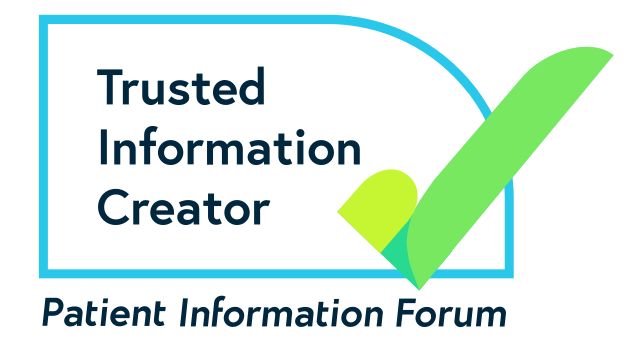People with PP should have access to a consultant or healthcare team with knowledge of PP to review their condition. Symptoms can be managed with medication, alongside dietary and lifestyle changes. If you do not have a specialist doctor, speak to your GP about getting access to one.
Exercise and staying active is important for everyone, but because exercise can be a trigger in PP, people should get advice before starting exercise. A physiotherapist can put together a suitable exercise plan and methods to help prevent episodes. A physiotherapist is a healthcare professional who helps manage symptoms through movement, exercise, and manual therapy.
Patients in England have access to the highly specialised muscle channelopathy service based in London. This service offers specialist diagnosis and treatment for patients with NDM or PP.
Hypokalaemic periodic paralysis (HypoPP)
Treatment for HypoPP focuses on maintaining normal blood potassium levels to prevent episodes of weakness. Identifying and avoiding triggers as much as possible can effectively prevent episodes. Triggers can include eating carbohydrates late at night and strenuous exercise. Mild episodes may need no treatment, and some people find that gentle exercise, such as walking around slowly, can stop severe weakness from occurring or reduce the time it is present.
During more severe episodes, it may be necessary to help restore potassium levels in the blood. This can be achieved by consuming potassium-rich foods or taking dissolvable potassium tablets with water. Occasionally intravenous fluids (IV) containing potassium are needed but this can only be given in hospital. If episodes are frequent or prolonged, acetazolamide is a medication that can be taken daily to try and prevent episodes or reduce how often they occur. If they continue despite potassium supplements and acetazolamide, then potassium-sparing diuretics may be recommended. These medications help to keep potassium in the body. When taking medications, blood tests may be necessary to monitor potassium levels, and yearly kidney ultrasounds to check for potential kidney stones that can develop with acetazolamide.
Hyperkalaemic periodic paralysis (HyperPP)
Treatment for HyperPP focuses on maintaining normal potassium levels in the blood to prevent episodes of weakness. Triggers like potassium-rich foods, strenuous exercise, and exposure to cold environments should be avoided as much as possible to prevent episodes.
Most episodes are brief and may improve after consuming carbohydrate-rich foods, such as sweet drinks or bread, which lower potassium levels in the blood. If episodes are frequent or prolonged, acetazolamide is a medication that can be taken daily to try and prevent them or reduce how often they occur. If episodes continue despite acetazolamide, thiazide diuretics may be recommended. These medications help remove potassium from the body through the kidneys and urine. Potassium levels will need to be monitored, using blood tests, to make sure they stay within a safe range and do not go too low. A yearly kidney ultrasound scan might be needed to check for potential kidney stones that can develop with acetazolamide.
Andersen-Tawil syndrome
Episodes in Andersen-Tawil syndrome are usually caused by low potassium levels, so it is treated in a similar way to hypokalemic periodic paralysis (see above). Sometimes episodes can also be caused by high potassium levels, so close monitoring and blood tests are necessary.
It’s essential that all people with Andersen-Tawil syndrome have an annual review with a cardiologist, even if they don’t experience any heart symptoms. Electrocardiogram (ECG) and extended monitoring (for example 24-hour Holter monitor) is useful to detect arrhythmias (abnormal heart rhythms) and begin treatment with medicines such as beta blockers, if needed. Some people may need to be fitted with a pacemaker, which is a small device that can regulate the heartbeat.
